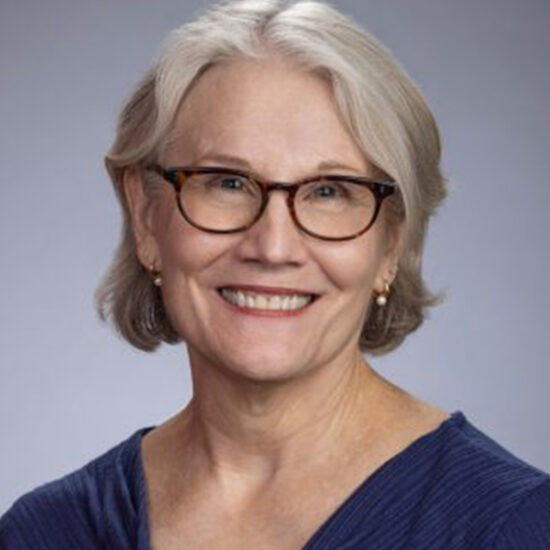An understanding of the experiences of health, illness, and disability within its social and cultural contexts is enriched through the health humanities and ethics. DME’s Health Humanities and Ethics faculty achieve this work through longitudinal, integrated, and interprofessional curricula—and through scholarship and service in the humanities, arts, ethics, and interpretive social sciences in partnership with other colleges at UIC.
Overview Heading link
Instruction and scholarship address issues of:
Instruction and scholarship address issues of:
- Health equity
- Race and racism
- Disability
- Death and dying
- Gender and medicine
- Genetics
- Reproduction and assisted reproductive technologies
- Immigration
We engage with the fields of:
We engage with the fields of:
- Disability studies
- Clinical, professional, and research ethics
- History of medicine
- Narrative medicine
- Literature and medicine
- Medical sociology.
Overview Heading link
Faculty teach in numerous programs and divisions within UIC, including the undergraduate Honors College, the College of Medicine and its residency programs, health professions education programs, College of Applied Health Sciences, School of Public Health, disabilities studies, and select departments within the College of Liberal Arts and Sciences.
Initiatives
- Begando Lecture Series, an annual keynote
- Body Electric, a student-led (University of Illinois Chicago College of Medicine Artists) arts and literature magazine
- Health Humanities Portrait Project, an innovative curricular approach with content materials
- University of Illinois Chicago College of Liberal Arts and Sciences Institute for the Humanities Health & Society Working Group
